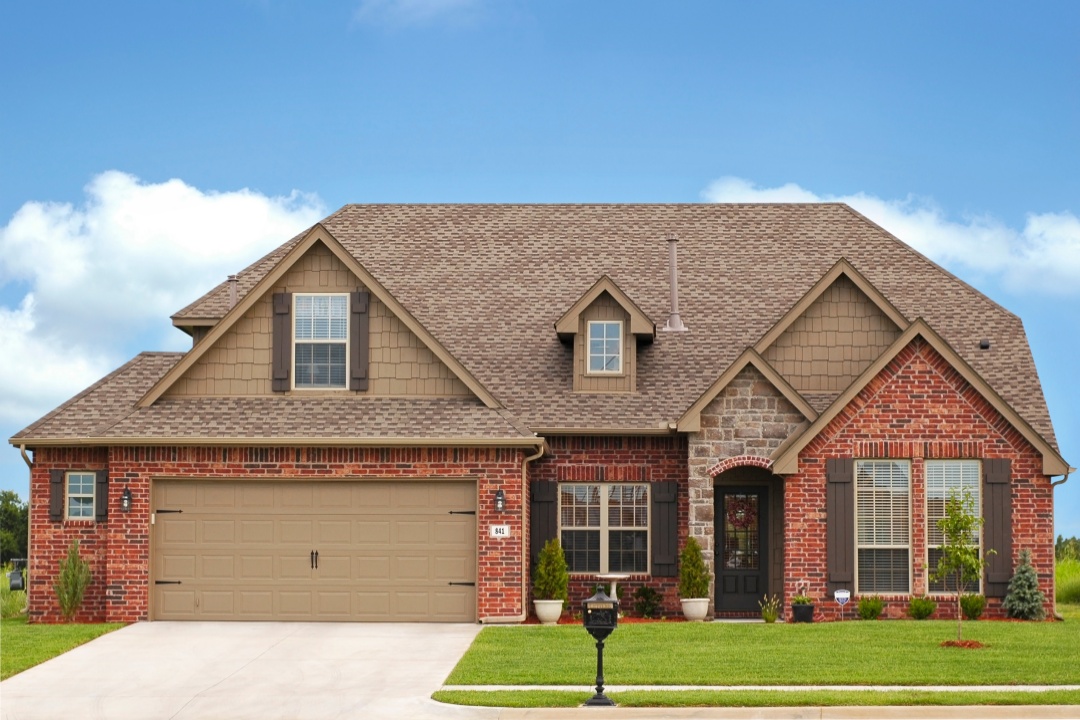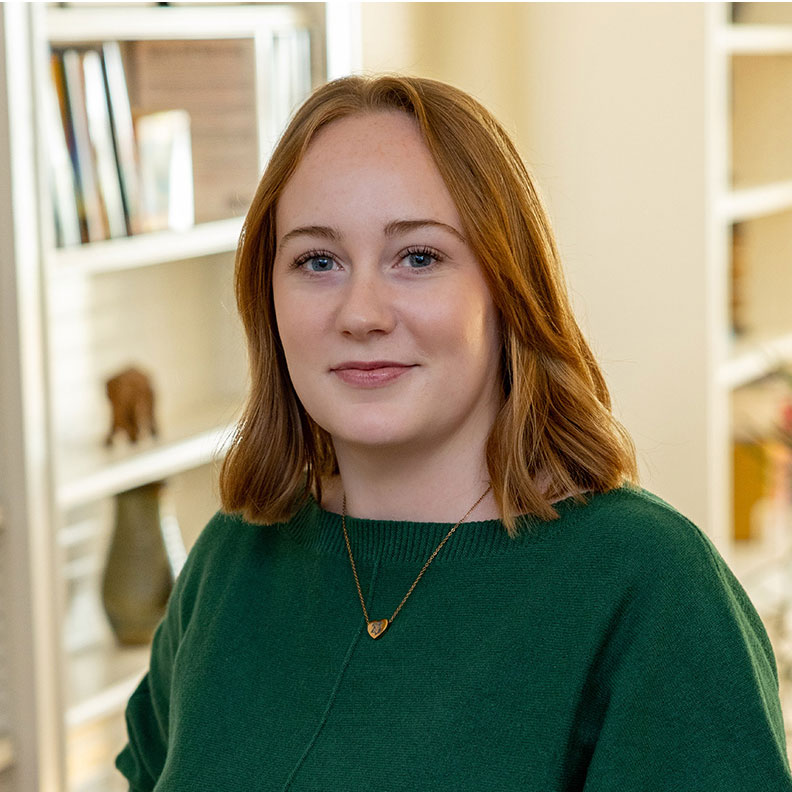Is a House Always a Good Investment?

Now don’t get me wrong. I’m not bashing the American nest egg. A home is a fine thing to own. It provides shelter, solace, comfort and proof that you’re “Living the Dream” but as an investment vehicle it just doesn’t make the grade.
We were told “you can’t go wrong by buying a home.” You buy it, live in it for 20 to 30 years and then sell it at an enormous profit– true of course, if the timing of your investment and it’s location are correct?
Real estate booms and busts have been with us since before the Alamo. Take a homebuyer in California in the beginning of the 1990s or in Houston and Dallas during the mid-eighties oil bust. You would have waited a decade or more to recover your purchase price. Yet, in Manhattan or San Francisco the recovery time was much shorter. Here in the Berkshires the swings in real estate values have been just as volatile and long-lasting.
But wait, you say, I bought my house ten years ago for $150,000 and now it’s worth $275,000. That’s almost a double, right?
Well, yes and no. Most of us fail to recognize how much it cost to live and maintain a home – the increasing tax burden, especially property taxes, which we incur as homeowners but that’s not all we pay. There are mortgage payments, insurance premiums, repairs, renovations, outside maintenance and more. Most homeowners don’t take the time to figure exactly how much they dump into their homes over the years. When all is said and done, however, we are lucky to break even on the sale of our homes. If you do the numbers on a thirty year mortgage you may well discover you’ve paid twice the price in interest payments alone. If you decided to a do a major renovation such as a new kitchen, bathrooms or and addition, you may need a three-fold increase in price to get your money back.
Another myth: “buying is always preferable to renting” doesn’t always make sense either. Prices could conceivably decline anytime in the housing market and then bump along the bottom for an even a period. Renting may be preferable to plunking that $50,000 down on a house now that might decline at least that much in the short term. In the meantime, you could invest that money in the markets and make a hefty return while you wait.
Renting, according to conventional wisdom, doesn’t build equity ownership but neither does your mortgage payments for at least the first ten years or so. Typically, it takes 20 years before you pay more principal than interest because the bank wants its interest upfront. Granted, the mortgage tax deduction is an advantage. However, the after tax expenditures of the renter are still lower.
So if you already own a home what can you do? You can start by changing your mind set. Your house is not your retirement fund. It is a place to live and enjoy but there are much better investment vehicles so start diversifying your assets and taking a hard look at what you’re spending. Check mortgage rates and refinance if it makes sense. Otherwise, consider paying more each month than your principal payment. You will save a huge amount in interest and reduce the overall cost of your home.
Renovate only when you have to and try not to borrow to do it. Studies show you may sell your house faster but rarely will you get back what you spent and taking out a loan will double or triple the cost.
Decide what is important to you. If you have children, the school system might be an overriding factor. Normally, the better the schools, the higher the taxes and property prices will be. Empty nesters might want to research different states and regions where taxes and prices are lower and your retirement dollars will last longer.
If you are a new buyer don’t extend yourself. Buy less than you can afford, pay it off quickly and stay put. On average, American homeowners are glorified renters. They move every seven years, hardly denting their principal but paying enormous interest costs. Buy a house with a rental property or a two-family unit. Let your renters pay all or some of the mortgage while you match payments.
Finally, remember that after all is said and done you will be lucky to break even after taxes and expenses on your home. If you buy another house, the cycle starts all over again so enjoy it, love it, be proud of it but don’t kid yourself. There are much better places to invest your money.
Bill Schmick is registered as an investment advisor representative of Onota Partners, Inc., in the Berkshires. Bill’s forecasts and opinions are purely his own and do not necessarily represent the views of Onota Partners, Inc. (OPI). None of his commentary is or should be considered investment advice. Anyone seeking individualized investment advice should contact a qualified investment adviser. None of the information presented in this article is intended to be and should not be construed as an endorsement of OPI, Inc. or a solicitation to become a client of OPI.
Any mention of specific securities or investments is for illustrative purposes only. Adviser’s clients may or may not hold the securities discussed in their portfolios. Adviser makes no representations that any of the securities discussed have been or will be profitable.
The reader should not assume that any strategies, or specific investments discussed are employed, bought, sold or held by OPI.
Direct your inquiries to Bill at 1-413-347-2401 or e-mail him at billiams1948@gmail.com.







